Resources
What Is A Trademark
Joshua Julien Brouard
02 February 2024 • 3 min read
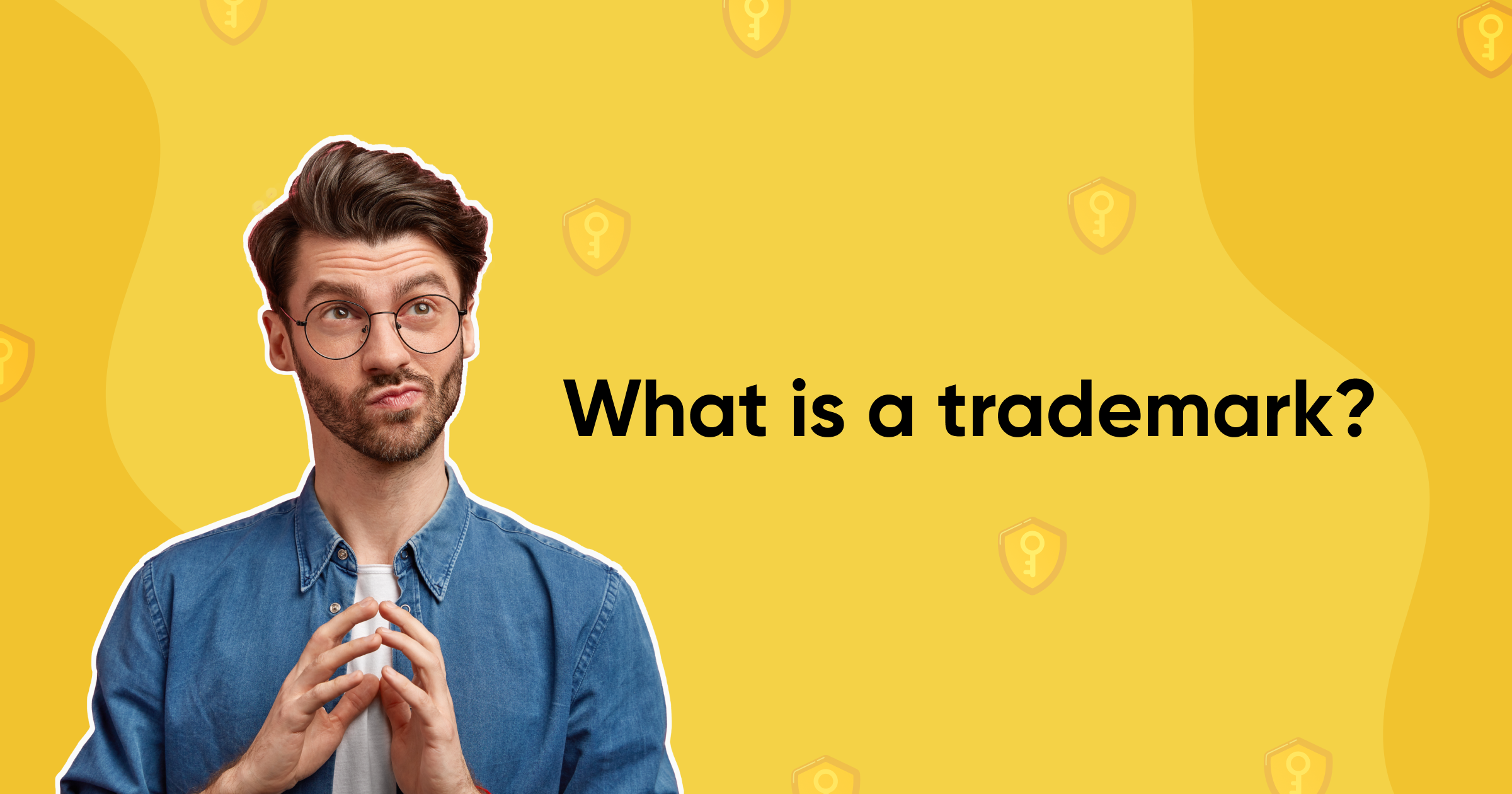
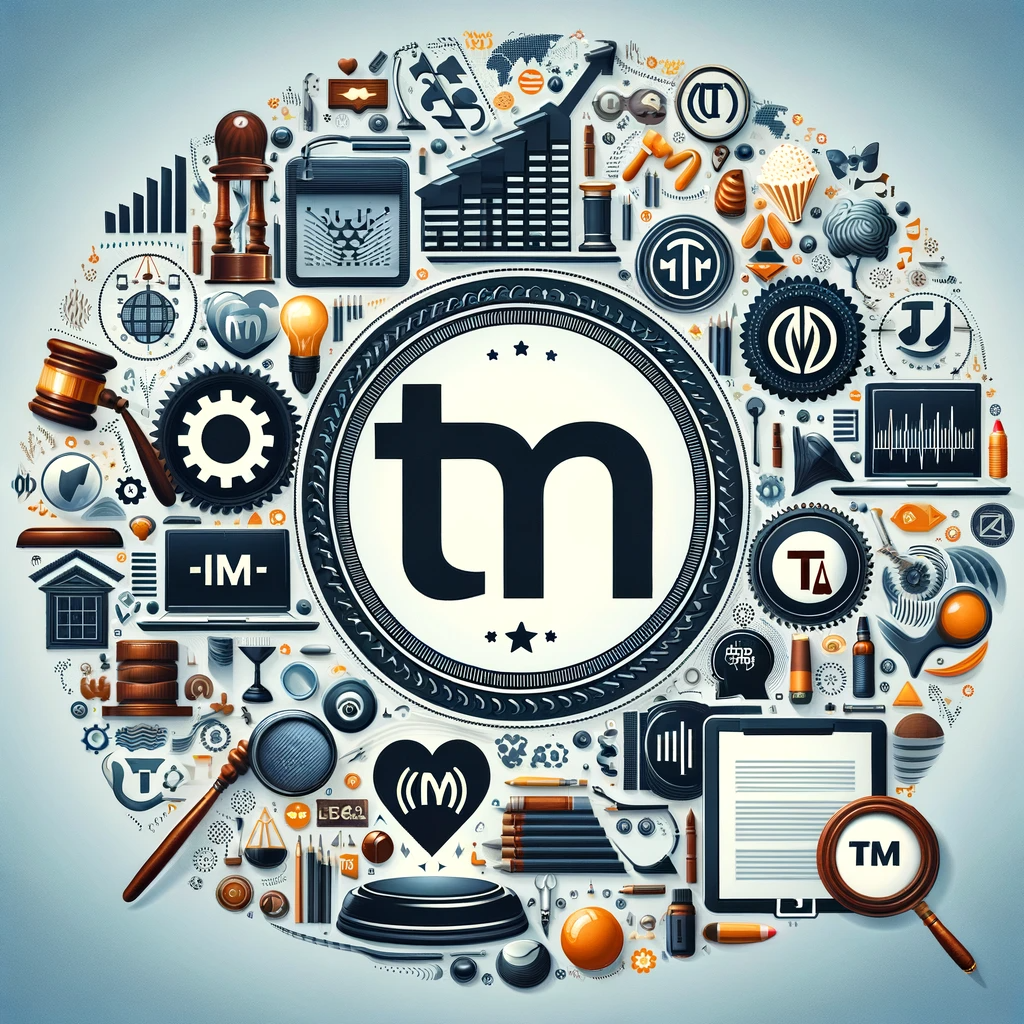
A trademark is more than a mere stamp of approval from the government, stating that a particular brand identifier is your own. A trademark serves to protect your legacy and secure your brand in the face of bad actors and the highly competitive global market.
Want to go into more detail about the question of what is a trademark? Read on:
Did you know that you can trademark sounds? You can probably think of a few popular examples of sounds that are likely protected.
(Homer Simpson's "D'oh!" has been trademarked by 20th Century Studios.)
Of course, you can also trademark words, names, logos, or slogans. But there's much more:
Trademarks protect business owners like you and ensure that that which distinguishes your brand from others remains your own.
You also get options should someone infringe on your trademark.
They're an absolutely vital component of any company's intellectual property portfolio.
But another question arises from this: how do you protect your trademark?
Many business owners may already be protected under the common law.
(Even if they don't realize it.)
This protection is provided when you use your trademark in commerce.
However, a common law trademark is limited. Protection under the common law will only protect you in the area where you conduct business.
And that's why many opt for full federal trademark registration.
The trademark protection provided by registering your trademark with the United States Patent and Trademark Office (USPTO) provides comprehensive protection over the entire United States.
According to trademark law, a registered mark affords you various ways to protect yourself in the case of trademark infringement.
You can learn more about federal trademark registration on our blog — I've written about it, too!
Alternatively, if you don't anticipate needing country-wide protection, you can file a trademark for just the state you live in.
Your choice will depend on your strategic goals. For example, you may want to file with the WIPO if you're looking to register your trademark internationally.
The World Intellectual Property Organization (WIPO) provides the Madrid System, a way to file just one trademark application for trademark applications in over 120 countries worldwide.
If you anticipate a global expansion of your brand, then this is a path that you may want to consider.
Trademarks, copyrights, and patents are all forms of intellectual property — but they're not the same.
While trademarks protect unique identifiers of your brand (such as a logo, name, word, or slogan), copyrights protect creative works (such as songs, books, or movies).
And patents protect inventions, which are processes or products that are new.
While not everyone may feel that they need federal trademark protection, ask yourself the following:
If you've answered yes to any of the above questions, then trademark registration may be for you.
Ready to protect your trademark or service mark? Watch the video below, created by trademark attorney Derrick Davis:
To create a trademark, apply with the relevant authority, like the USPTO, including a unique logo, word, or symbol.
The entity that registers the trademark typically owns it, whether it's an individual, company, or organization.
Yes, two or more individuals or entities can jointly own a trademark, sharing rights and responsibilities.
Nike's "swoosh" symbol and Coca-Cola's script logo are examples of trademarks.
Yes, you can sell products or services without a trademark, but having one can protect your brand identity and prevent others from using it unlawfully.
AUTHOR
Joshua J. Brouard has a diverse background. He has studied bachelor of commerce with a major in law, completed SEO and digital marketing certifications, and has years of experience in content marketing. Skilled in a wide range of topics, he's a versatile and knowledgeable writer.
Related Blogs
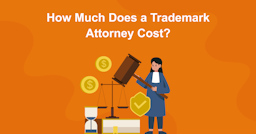
How Much Does a Trademark Attorney Cost?...
07 May 2024 • 6 min read
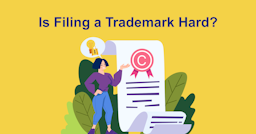
Is Filing a Trademark Hard? (+ How to Ma...
03 May 2024 • 7 min read
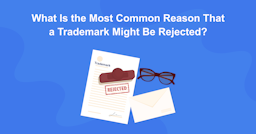
What Is the Most Common Reason That a Tr...
03 May 2024 • 6 min read
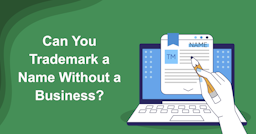
Can You Trademark a Name Without a Busin...
03 May 2024 • 7 min read
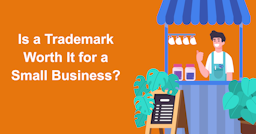
Is a Trademark Worth It for a Small Busi...
30 April 2024 • 7 min read